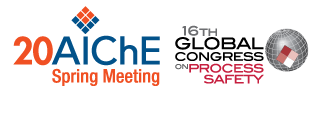

After years of development, a new solid-acid catalyst technology ExSact has reached the point of outperforming these liquid acids. The engineered solid-acid catalyst has been designed to give over 24-hr cycle-times, robust resistance to typical poisons, the ability to handle a variety of feedstocks (ethylene to amylene), a simple adiabatic fixed-bed reactor design and regeneration using hydrogen while increasing he overall octane pool. The ExSact catalyst forms the core of an inherently safe and efficient K-SAAT process that generates high-octane alkylate. K-SAAT reactors are the best option available to refiners worldwide to move away from HF Alkylation, offering a commercially proven process with high return on investment and vastly diminishing the risk profile. This is achieved by replacing/debottlenecking existing liquid acid alkylation reactors and reusing the existing recovery system (DIB/Debutanizer/Depropanizer/Isostripper).
The stable catalyst performance greatly simplifies the overall process design, which reduces the capital cost of the alkylation plant, while lowering energy consumption. KBR has licensed K-SAAT units and will discuss overall commercialization status in addition to performance data from the operating unit.
Presenter(s)
Language
Pricing
Individuals
| AIChE Member Credits | 0.5 |
| AIChE Pro Members | $19.00 |
| Fuels and Petrochemicals Division Members | Free |
| AIChE Graduate Student Members | Free |
| AIChE Undergraduate Student Members | Free |
| AIChE Explorer Members | $29.00 |
| Non-Members | $29.00 |
